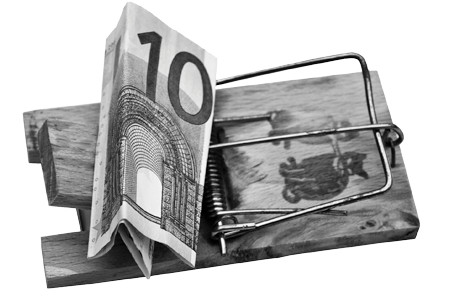
Party like it’s 1999
“Men, it has been well said, think in herds; it will be seen that they go mad in herds, while they only recover their senses slowly, one by one… Truth, when discovered, comes upon most of us like an intruder, and meets the intruder’s welcome… Nations, like individuals, cannot become desperate gamblers with impunity” Charles MacKay, Extraordinary Popular Delusions and The Madness of Crowds, 1841 Since the victory of Donald Trump, (equity) markets have been on a tear: there appears to be nothing to stop them, as optimism abounds. But there are some strange reminders of a past era, one that didn’t end well for Investors. Will history repeat – does it have to?









